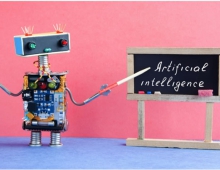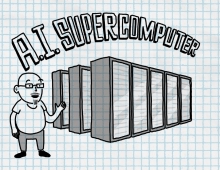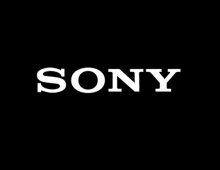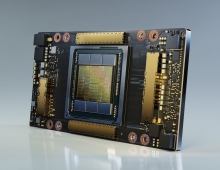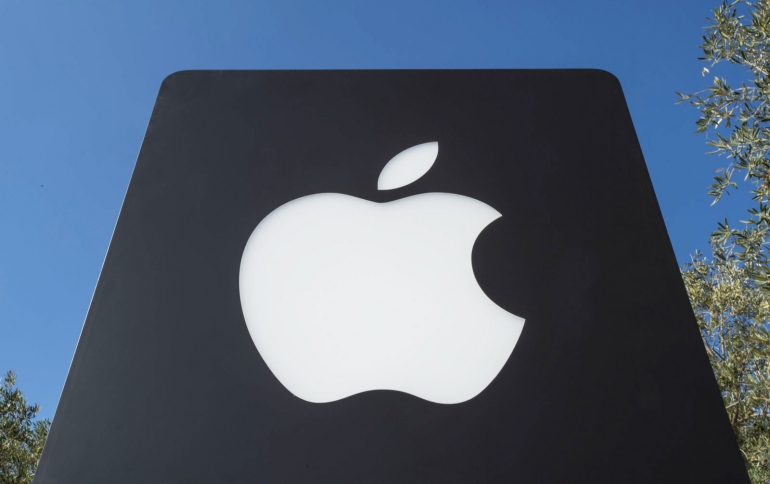
Apple is Building AI Chip for iPhone
Apple is reportedly developing a dedicated artificial intelligence (AI) chip, called the Apple Neural Engine, that would power AI-related tasks on mobile devices.
"The chip would improve the way the company's devices handle tasks that would otherwise require human intelligence -- such as facial recognition and speech recognition," Bloomberg reported. Apple declined to comment. The chip is also said to improve battery life and the overall performance of Apple devices.
With the new chip, Apple seeks to separate the computationally intensive tasks from the iPhone's processor and graphics chip.
The company is experimenting with wireless charging technologies that could see users charge their iPhones with a Wi-Fi router.
"Apple's patent application for 'Wireless Charging and Communications Systems With Dual-Frequency Patch Antennas' is a method for transferring power to electronic devices over frequencies normally dedicated to data communications," appleinsider.com reported earlier.
The patch antennas may be used for wireless power transfer at microwave frequencies or other frequencies and may be used to support millimetre wave communications.
Apple may choose to discuss some of its latest advancements in AI at its annual developer's conference in June. At the same conference, Apple plans to introduce iOS 11, its new operating system for iPhones and iPads, with an updated user-interface. The company is also said to discuss updated laptops with faster chips from Intel.
Apple began designing its own main processors for the iPhone and iPad in 2010 with the A4 chip. It has since released dedicated processors to power the Apple Watch, the motion sensors across its products, the wireless components inside of its AirPods, and the fingerprint scanner in the MacBook Pro. The company has also tested a chip to run the low-power mode on Mac laptops.
Apple has acquired multiple companies with deep ties to artificial intelligence, has begun publishing papers related to AI research, has joined a key research group and has made hires from the field.

